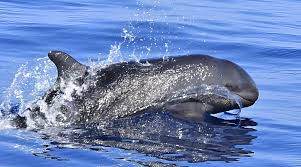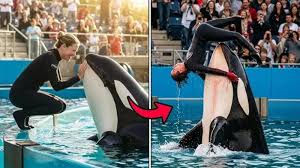Exploring the World of False Killer Whales

Introduction to False Killer Whales
False killer whales (Pseudorca crassidens) are a species of dolphin that are often misunderstood and underrepresented in marine conservation discussions. Their importance lies not only in their unique behaviours and ecology but also in the broader implications for marine health and biodiversity. Understanding these fascinating creatures is crucial as they face threats from habitat degradation, fishing practices, and climate change.
Current Status and Threats
Recent studies indicate that false killer whales are encountering significant challenges to their populations. The World Wildlife Fund (WWF) has identified rising ocean temperatures and overfishing as key threats, leading to disruption of their food sources. Moreover, bycatch in fisheries remains a problem, as these intelligent marine mammals often get accidentally entangled in fishing gear.
Despite their name, false killer whales are not actually killers but rather belong to the family of dolphins, which includes other well-known species like the bottlenose dolphin. They are social animals, often found in pods consisting of a few individuals to over 100, exhibiting strong social bonds. Understanding their social structure and behaviour can provide crucial insights into the health of marine ecosystems.
Conservation Efforts
Efforts to conserve false killer whales have been ramping up, particularly in regions where they are frequently seen. Conservation organisations are working to create awareness about the species, their habitat needs, and the importance of protecting marine environments. Initiatives to reduce bycatch through better fishing practices and the establishment of marine protected areas are among the strategies being deployed.
Conclusion
The plight of the false killer whale serves as a reminder of the broader environmental issues facing our oceans today. As stewards of the marine environment, individuals and communities can play a crucial role in advocating for and implementing conservation measures. Continued research and education surrounding false killer whales can help ensure these remarkable animals thrive in their natural habitats. Protecting them not only safeguards their future but also the overall health of our oceans.








